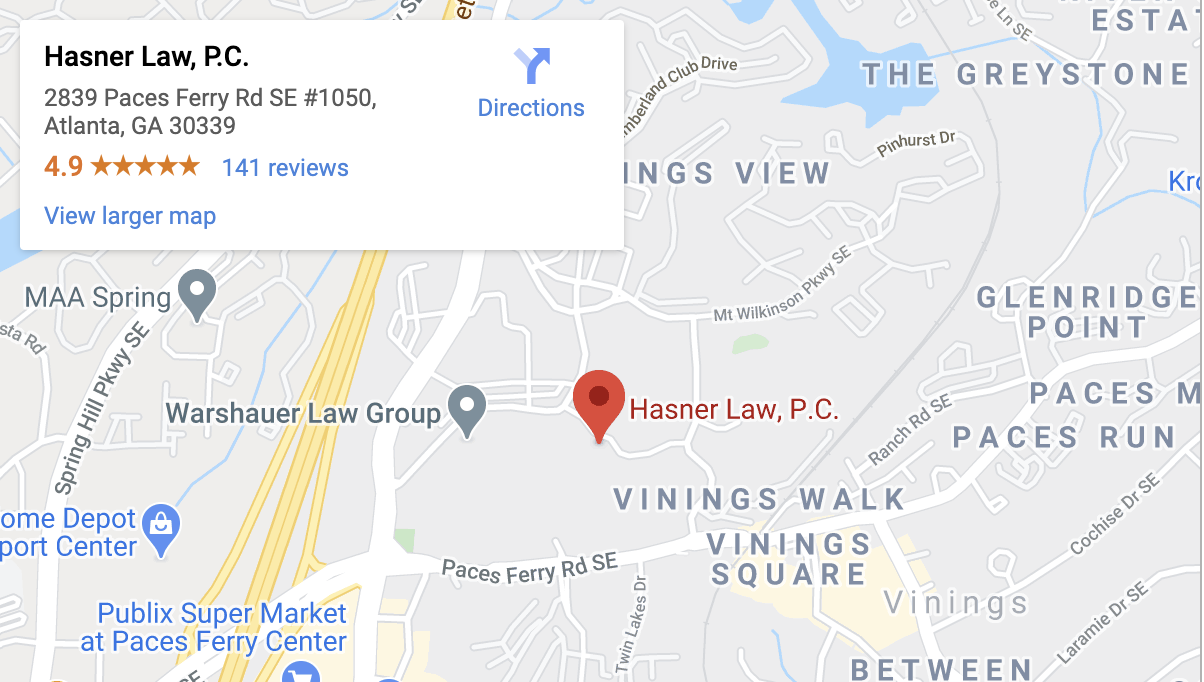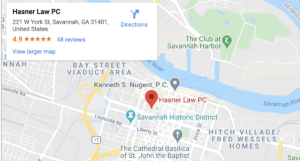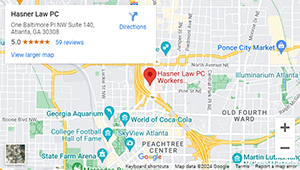Timeline of a Personal Injury Case According to a Personal Injury Lawyer

When you are injured in an accident that was not your fault, you can pursue a personal injury claim against the at-fault party. The court cannot go back in time to undo the accident. It gives you a legal course of action to hold the party financially liable for the damages caused by the accident. Each personal injury case is different. The timeline for a personal injury case involving catastrophic injuries is generally longer than the timeline for a claim involving an injury that heals in a few months.
Your personal injury lawyer understands the need to settle a personal injury case as quickly as possible. However, you do not want to settle a claim too quickly. Settling a claim before your doctor releases you from care or before you know the extent of your damages could result in a much lower settlement amount.
Factors that could lengthen the time it takes to settle your personal injury case include:
- The type and severity of your injuries
- The length of your recovery
- Whether there are disputes regarding liability for the cause of the accident
- The willingness of the insurance company to settle the claim
- Whether you sustained a permanent impairment or disability
- The time it takes to complete the accident investigation and gather evidence proving fault and liability
Personal injury attorneys work diligently to resolve your case as soon as possible. However, your attorney does not want to rush your case if it jeopardizes the amount of your compensation. Your attorney keeps you informed about the progress of your case, and you can request updates or ask questions whenever you have a concern.
Typical Personal Injury Case Timeline

The timeline for a personal injury case depends upon the case.
However, there are common steps that generally take place in most personal injury cases, including cases involving:
- Boating accidents
- Construction accidents
- Dog bites and dog attacks
- Medical malpractice
- Nursing home abuse
- Premises liability claims
- Product liability claims
- Motor vehicle accidents, including collisions involving cars, trucks, pedestrians, and bicyclists
- Workplace accidents
- And other accidents and injuries
The timeline in your personal injury case is likely to include the following stages. Some of the steps could coincide, or the steps could be performed in a different order.
Initial Appointment With a Personal Injury Lawyer
During your initial consultation with an attorney, the attorney may ask you many questions about your case. The attorney wants to learn as much about your case as possible to evaluate whether he can help you.
Also, you have the chance to ask the attorney questions to evaluate whether this attorney is right for you. Make sure to ask about the attorneys’ fees. Most personal injury lawyers accept cases on a contingency fee basis.
Investigation of Accident or Injury
If you and the attorney agree for the attorney to handle your claim, your attorney begins investigating the accident and the cause of your injury. The attorney takes numerous steps to gather evidence, identify liable parties, and locate insurance coverage for your claim.
Steps that your attorney might take include, but are not limited to:
- Obtain copies of police reports and accident reports
- Locate and interview eyewitnesses
- Gather physical evidence
- Search for video and photographs of the accident
As the case proceeds, your attorney gathers medical evidence, documents your damages, and continues the investigation until all resources are exhausted. An investigation could take months to complete. In complex product liability claims, truck accidents, and medical malpractice claims, this phase of the case could take over a year to complete.
Continuing Medical Care and Treatment

While your lawyer gathers evidence, you continue to receive medical care and treatment. It is important that you follow your doctor’s treatment plan and document all injuries for your personal injury claim. If you experience new or worsening symptoms, tell your doctor immediately so that the symptoms can be documented in your medical records.
Your medical records will become crucial evidence in your personal injury case. Without adequate medical evidence to prove that the accident or incident resulted in your injuries, your chance of recovering compensation for damages is very low.
File Insurance Claims
When your lawyer identifies insurance coverage for your claim, he files insurance claims with each insurance provider. The attorney handles all communication with the insurance companies.
Do not agree to a written or recorded statement or talk to the insurance company without your attorney present. Anything you say to the insurance company or a claims adjuster could be used to undervalue or deny your insurance claim.
Consulting Experts
Your lawyer might retain one or more experts to work on your case. Medical experts are needed to provide expert testimony in medical malpractice cases. They are also used to evaluate damages in cases involving permanent impairments and disabilities.
Accident reconstructionists might be employed to assist with determining the cause of a car accident or motorcycle accident. Experts are often used in truck accident cases to assist in proving the trucking company, truck driver, or other parties were responsible for the cause of the truck accident.
Financial experts and economists assist in calculating future damages in cases involving disabilities and impairments. Future damages might include ongoing medical and personal care, decreases in earning potential, and future lost wages.
Researching Statutes and Case Law
Your lawyer also spends time researching the laws involved in your case. There could be local, state, and federal laws that apply, depending on the type of personal injury claim. Regulations and ordinances could apply in some cases.
Preparing Settlement Demand Letters
When you complete your medical treatment and the attorney completes the investigations and research, he prepares settlement demand letters to each party involved in the case. In most cases, the settlement demand letters are sent to the insurance providers for each party.
The settlement demand letter is a detailed document that discusses the accident, your injuries, the legal analysis of fault, and your damages. The attorney demands an amount to settle the claim.
Negotiating a Settlement Agreement

The insurance company or and other parties can agree to the demand for settlement. They may also decline the settlement offer or issue a counteroffer. Your attorney begins negotiating with the other parties to settle the claim.
Negotiations could take a few months.
The parties go back and forth discussing various offers. In some cases, the parties might agree to mediation to help settle the case instead of filing a personal injury lawsuit.
Filing a Personal Injury Lawsuit
If the insurance company refuses to negotiate in good faith to settle the claim, your attorney may advise you to file a personal injury lawsuit. You have a limited time to file lawsuits after an accident or injury. If the insurance company drags out the case, your lawyer might suggest filing a lawsuit to protect your best interests.
A personal injury lawsuit can take a year or longer to complete. The timeline for a personal injury lawsuit depends on several factors. Your lawyer works to move the case as quickly as possible through the court system, but there are deadlines and phases that your attorney cannot change.
Contact Our Atlanta Personal Injury Attorneys for a Free Consultation
The timeline for your personal injury case depends on your actions too. Do not wait to contact an Atlanta personal injury attorney if you are injured or involved in an accident. The sooner you contact an attorney, the quicker your attorney can begin working to settle your claim.






